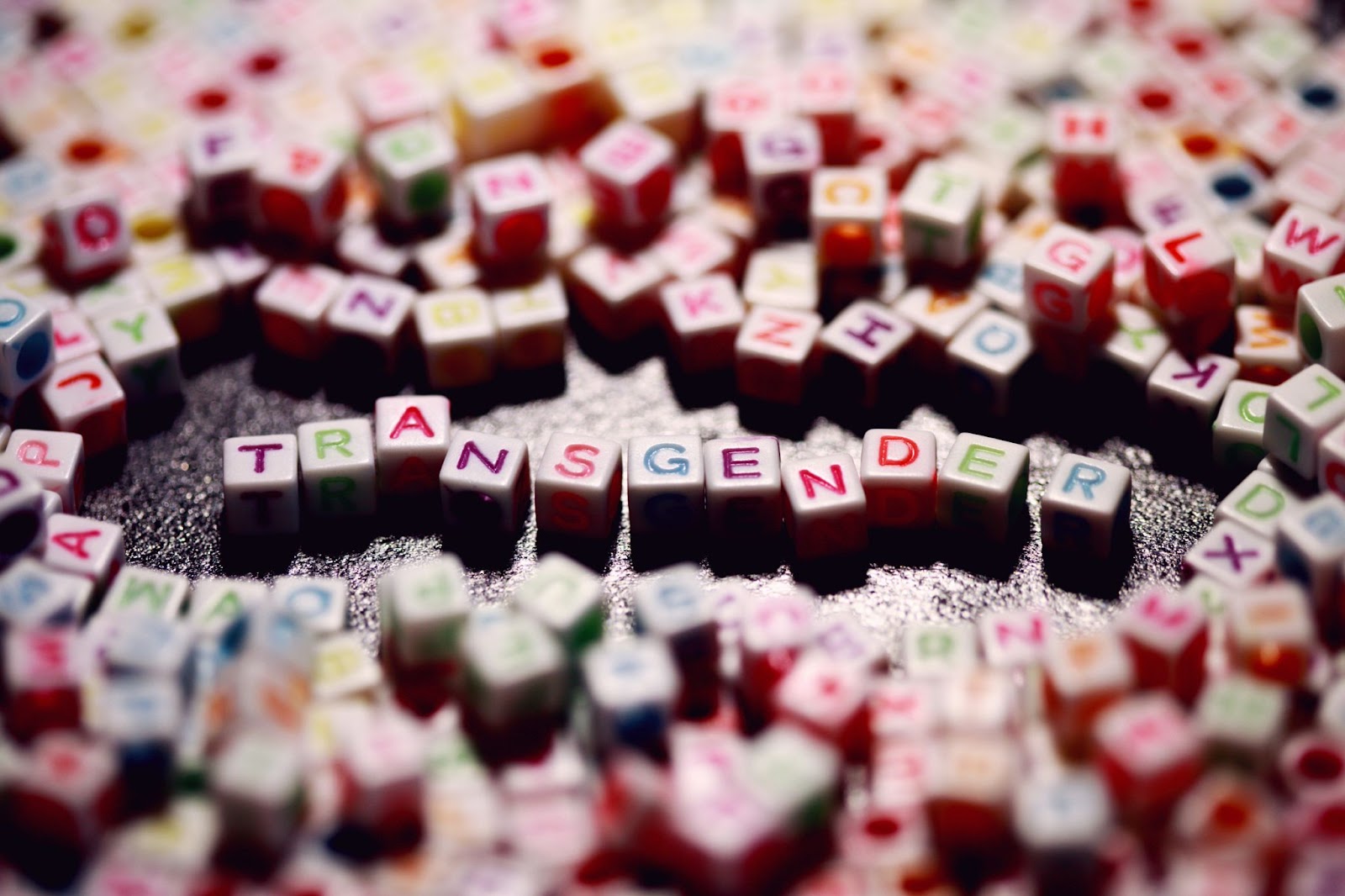Transgender Males Not Women– UK Supreme Court Rules

|
Getting your Trinity Audio player ready...
|
The UK Supreme Court has ruled that transgender males, including those with a Gender Recognition Certificate (GRC), are not legally recognised as women under the Equality Act 2010. The unanimous decision clarifies that the terms “woman” and “sex” in the Act refer exclusively to biological sex.
The ruling resolves a long-standing legal ambiguity, confirming that single-sex services and spaces such as women’s hospital wards, sports, and public appointments can lawfully exclude trans males.
Delivering the judgment, Deputy President of the Court, Lord Patrick Hodge, stated that the Act’s wording reflects biological distinctions and not acquired gender, even where a GRC has been issued.
The case was brought by For Women Scotland, challenging Scottish legislation that allowed trans males with GRCs to sit on public boards reserved for women. The Supreme Court overturned earlier rulings, stating the Equality Act must be interpreted according to biological sex across the UK.
Susan Smith, co-founder of For Women Scotland, called the judgment “a really, really long road,” expressing gratitude to the court for affirming the rights of women based on biological sex.
The court found that although the word “biological” does not explicitly appear in the Equality Act, its meaning is clear and consistent throughout the legislation. It ruled that including trans males under the legal definition of “woman” would contradict the intent of provisions designed for single-sex services and spaces.
The judgment also noted that creating sub-categories based on possession of a GRC would place an unreasonable burden on public and private bodies, as this information is private and often inaccessible.
The ruling provides clarity for providers of single-sex services and affirms their right to operate based on biological definitions of sex. It may influence future policies in healthcare, sports, and public service roles, while protections for trans people under other provisions of the Equality Act remain unchanged.






